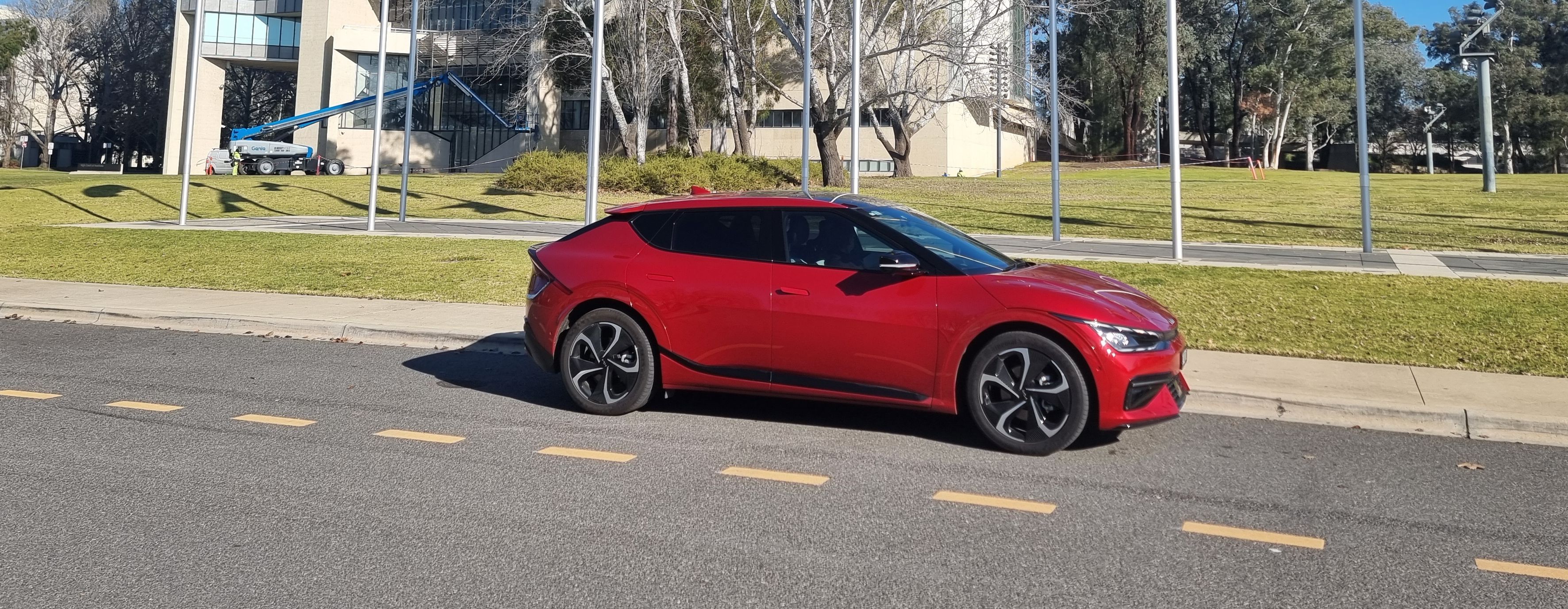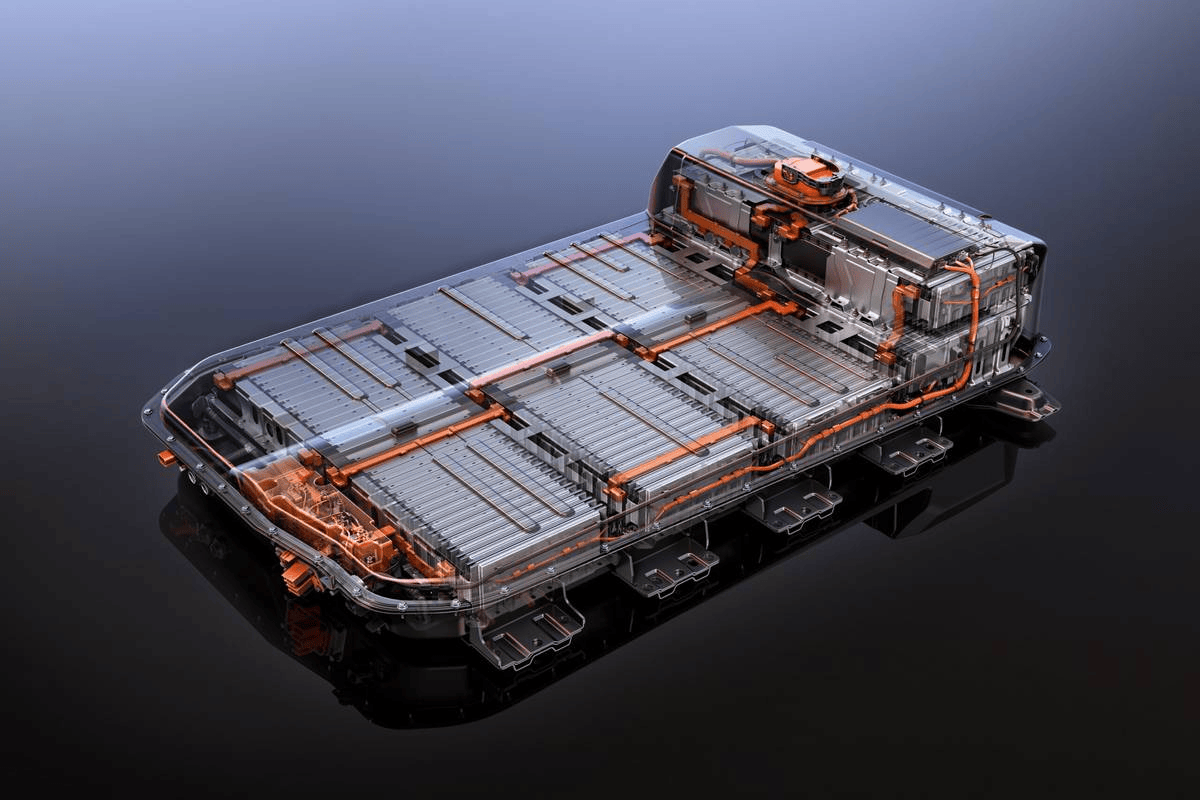EV FAQs
EV Frequently Asked Questions
Common EV questions answered, by KEVOCA founding member Gary (Kia EV6 Owner)


How far can EVs travel on one charge?
This is one of the top concerns for prospective EV buyers. While not trivial, it does need some unpacking.
Firstly, do you actually know the range of your petrol car? Many of us know that a tank lasts us 'about a week' and we fill up, generally mid-week when it is cheaper. If we see it has dropped under a quarter a tank then we call in to a servo. Guess what — it is pretty much the same for an EV.
I’ll cover off road trips later but lets talk about a normal week in town or even around home in the country. I’ve done over 50,000km in two years in my EV6, but that is a mix of road trips and then driving around town.
What do I do? I’ve actually lashed out and installed a charger at home, at a cost of around $2,000. Let me talk through this example for a start.

How long will my EV battery last?
We’ve been conditioned to think that batteries deteriorate fairly quickly. Apple, Samsung and their buddies are very happy for their batteries to last about two model cycles, car EV batteries are different in many ways, a couple of the biggies are:
-
Smart Software: There's a lot of smart software running to ensure that it’s hard for you to abuse your car battery. It keeps the battery from getting too hot amongst other things.
Fewer Cycles: You don’t generally do a full battery cycle on your car every day, like you do with your phone. Many people only recharge their EV every week or two.
It is true that EV car batteries do deteriorate over time. There have been some studies looking at this, a couple noted below:
-
Vast majority of EV batteries will outlast their vehicles | Electric Autonomy Canada
New Study: How Long Do Electric Car Batteries Last? (recurrentauto.com)
But it is reasonable to expect that an EV battery to last the life of the car, just as a petrol engine will most likely last the life of the car. The comparison goes further, you can expect less range from a 10 year-old EV vs new – just as you don’t get the same ‘mileage’ from a ten year-old petrol car. This would not mean you replace the petrol engine.
If you are buying a second-hand EV then you should be able to check the battery condition, most EVs provide this information. I’d suggest that is more important than the distance the car has travelled.

Don’t EVs catch fire?
At last count there have been six EV fires in Australia:
In one case the hire car company removed the battery from their damaged EV and left the battery out in the rain — not common practice... nor smart.
In another case a large piece of steel fell from a truck and bounced underneath the car behind, skewering the battery and starting a fire.
There have been three cases of EVs catching fire after being stuck in larger bushfires/housefires.
The most recent fire was caused by charging with an international power adapter and an unapproved cable. Not good practice by a long stretch.
If you are really worried about fires, EV scooters are bad….oh and yes petrol/diesel cars catch fire a LOT more than EVs.
Australia has a world leading organisation that tries to track EVERY EV fire around the world.
Here's some information from them:
EV FireSafe
